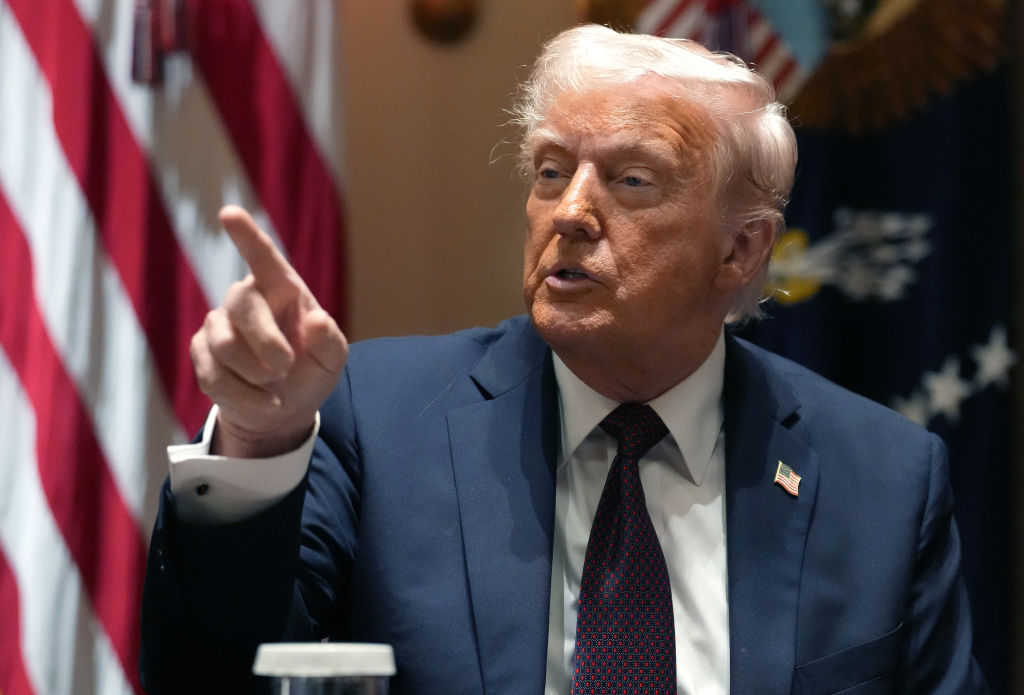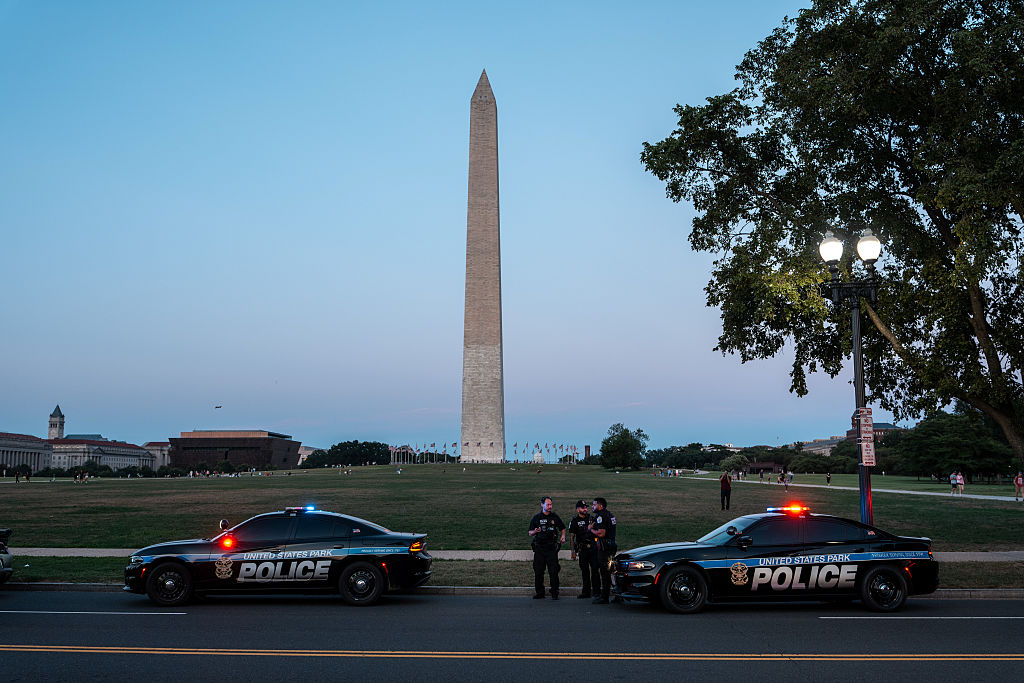Donald Trump this weekend floated the idea of running for a third term. Unless he’s doing it in 1940 when Franklin D. Roosevelt did, it’s unconstitutional. I don’t mean unconstitutional for Judge Boasberg or Judge Chutkin or some zealot in robes in San Francisco or Seattle. I mean unconstitutional in capital letters for any judge, including a 9-0 vote on the Supreme Court.
The legal background here is straightforward. When FDR ran for a third term in 1940 and for a fourth in 1944, there was no legal or constitutional prohibition against doing so. There was simply a well-established norm, begun when George Washington returned to Mount Vernon after two terms. That norm was respected by every subsequent president. Until FDR. He took advantage of the absence of any legal restraint and kept running, successfully.
After Roosevelt’s death, Congress passed the 22nd Amendment to the Constitution, limiting any president to two terms, consecutive or not. The Amendment passed Congress in 1947. By 1951, it had been ratified. The Amendment also dealt with a potential complication, the case of a vice president who took over during an elected president’s term. Would that partial term prohibit him from running twice more? The Amendment answered that: if the former VP served two years or more as the successor president, it counted as a term and he could serve only one more after that. That issue arose after President John F. Kennedy’s assassination in November 1963. Lyndon B. Johnson served out the remainder of that term, but it was far less than two years. That’s why, after winning in 1964, he could run again in 1968. Although LBJ ultimately withdrew from the latter race, his reelection would have been constitutional.
So, the point about third terms is clear. They are unconstitutional. The 22nd Amendment is clear, and it is stated plainly. The courts won’t have any trouble interpreting it.
What about the politics? Dumb. Dumb to even float the idea. Why? Because it underscores a popular worry that Trump is unconstrained by the law and constitution.
When it looked like the Democrats were unconstrained, during their lawfare campaign against Trump in his first term and interregnum, he was winning that battle. Most voters thought the Democrats and partisan judges were unfairly mobilizing against him. Their lawfare campaign was self-defeating and may well have helped Trump win election for a second term. He’s still winning that battle for public sentiment against federal district judges who issue nationwide injunctions in unprecedented numbers. The Babylon Bee nailed that judicial overreach perfectly with its headline, “Trump Leaves Presidency to Become Even More Powerful District Court Judge.”
Trump’s win in the public battle over lawfare turns into a loss if “a third term” becomes a major trope. The Democrats and their media allies will run with it because it would resonate far beyond their base and trouble many voters. Trump needs that public support for his legislative agenda.
It’s one thing for the President to push the limits of his powers and let the courts determine where those boundaries are. That’s what Trump is doing on, say, firing Democratic appointees to “joint commissions.” Those firings raise unsettled issues about the legitimate powers of a President in whom the Constitution vests all executive powers.
It’s quite another matter to float the idea of shattering a clear constitutional prohibition against a third term. The public, including many who voted for Trump, understand that prohibition. They support it. So do the federal courts. It won’t be a hard call for them. The more President Trump toys with the idea publicly, the more he reinforces his opponents’ idea that he is a wannabe tyrant. To quote a very old observation by a French diplomat, “It’s worse than a crime. It’s a mistake.”


























Leave a Reply